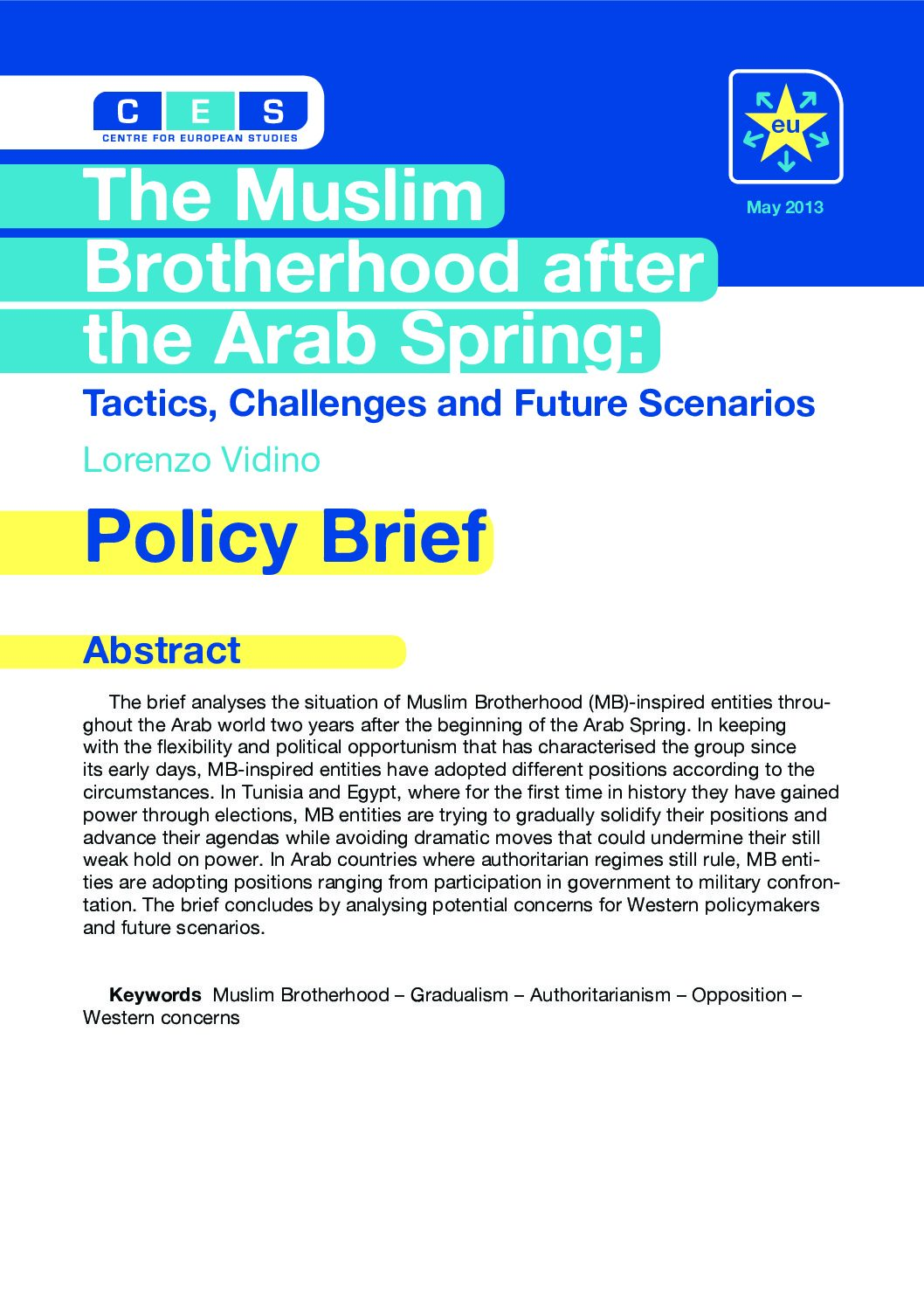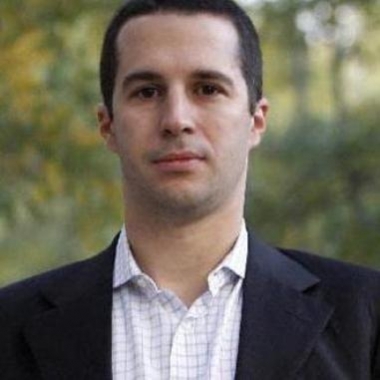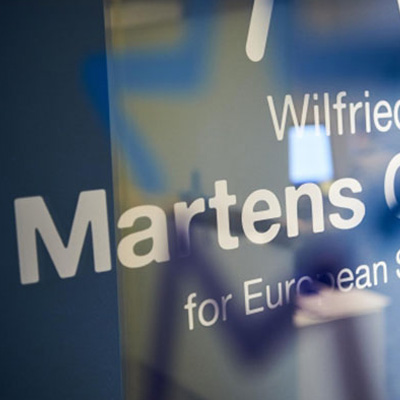Related publications
-
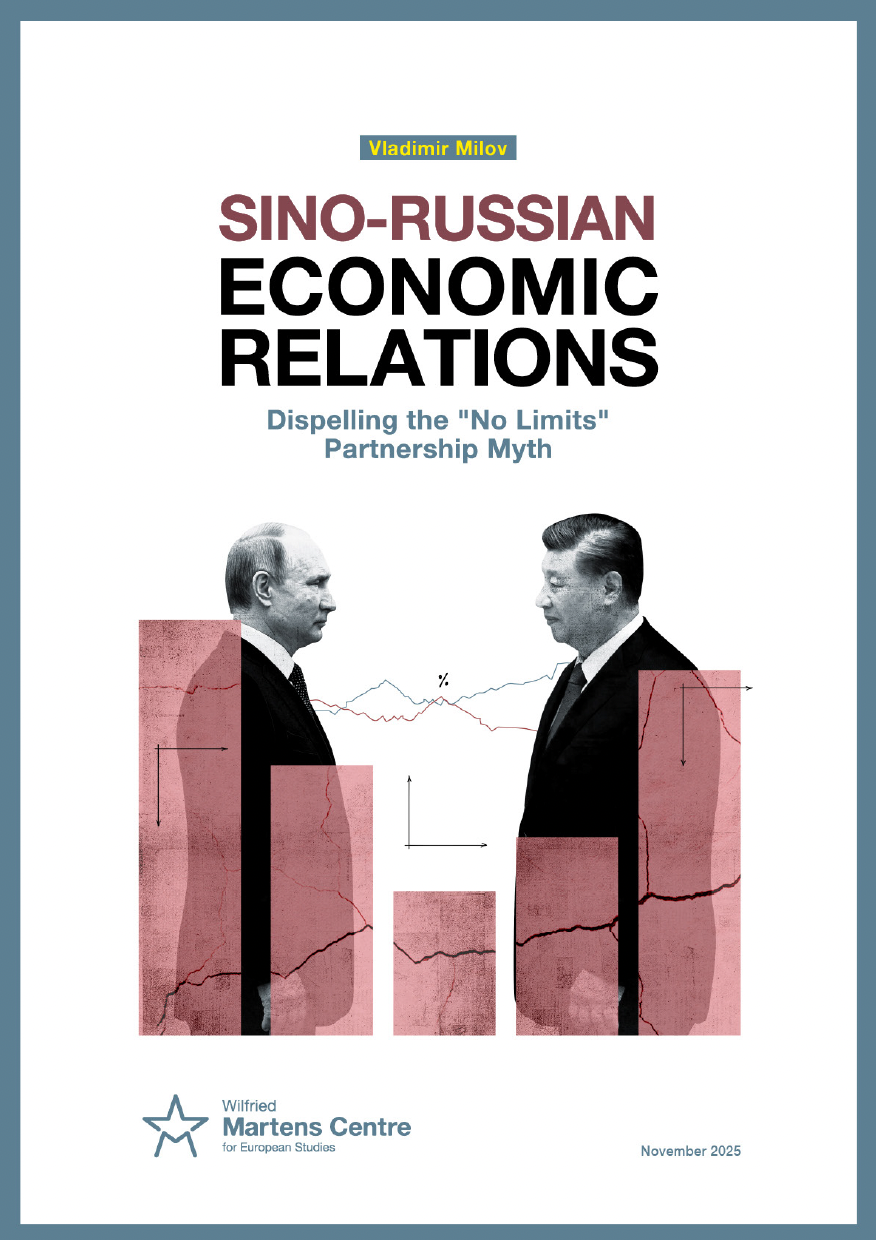
Other
Sino-Russian Economic Relations: Dispelling the “No Limits” Partnership Myth
-
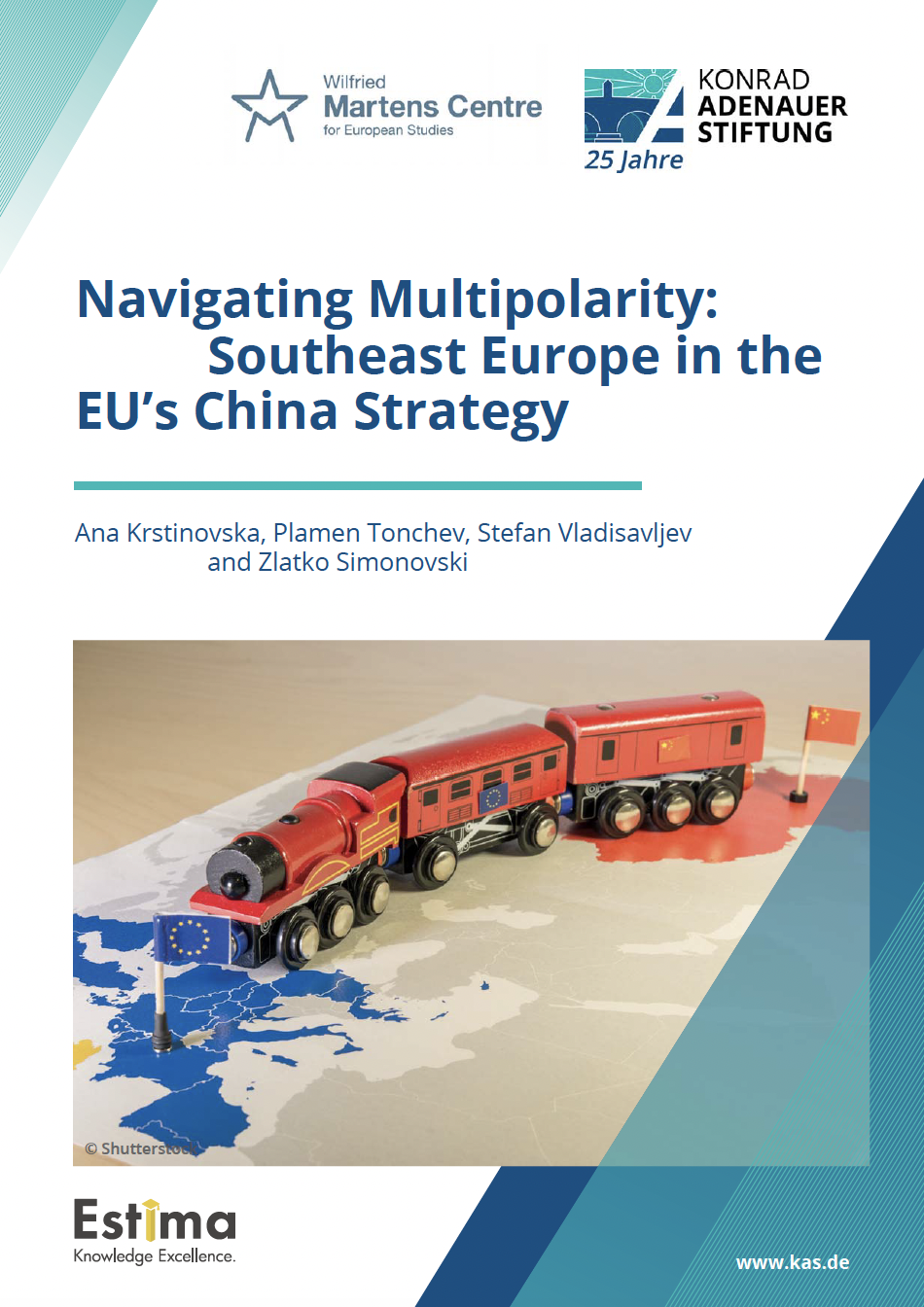
Collaborative
Navigating Multipolarity: Southeast Europe in the EU’s China Strategy
-
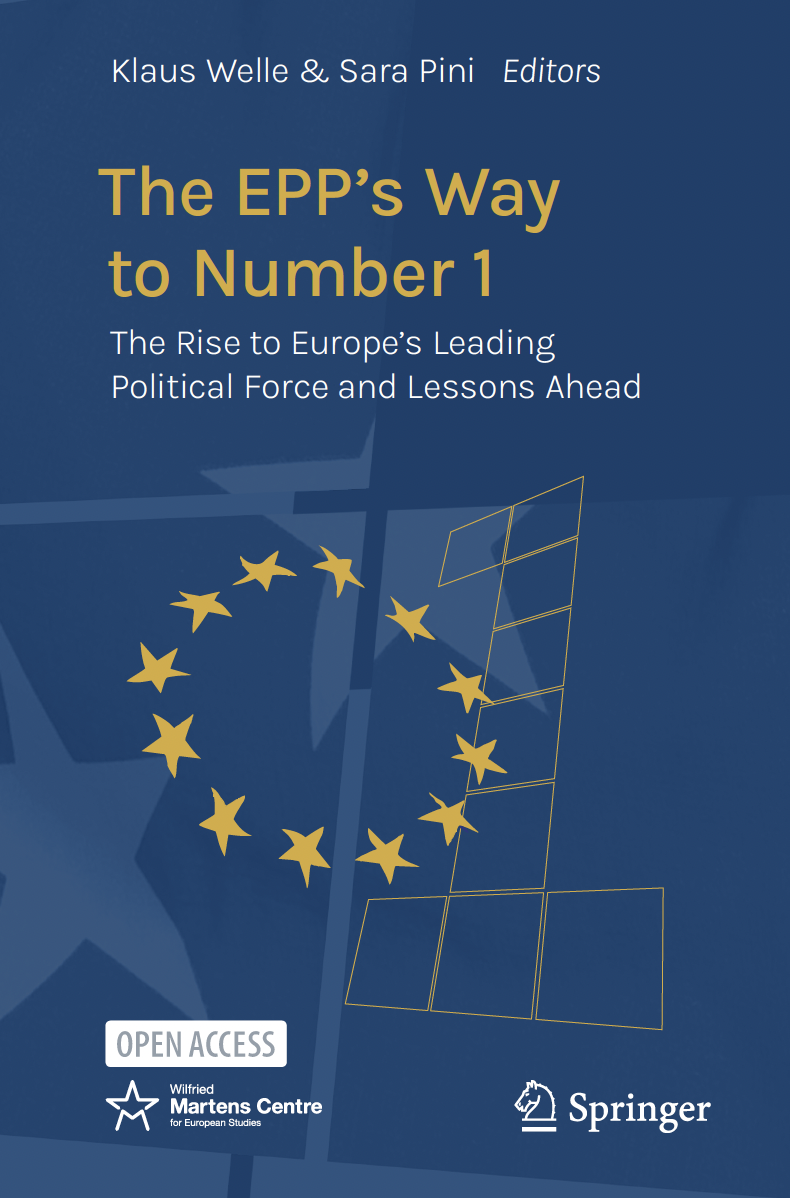
Other
The EPP’s Way to Number 1
-
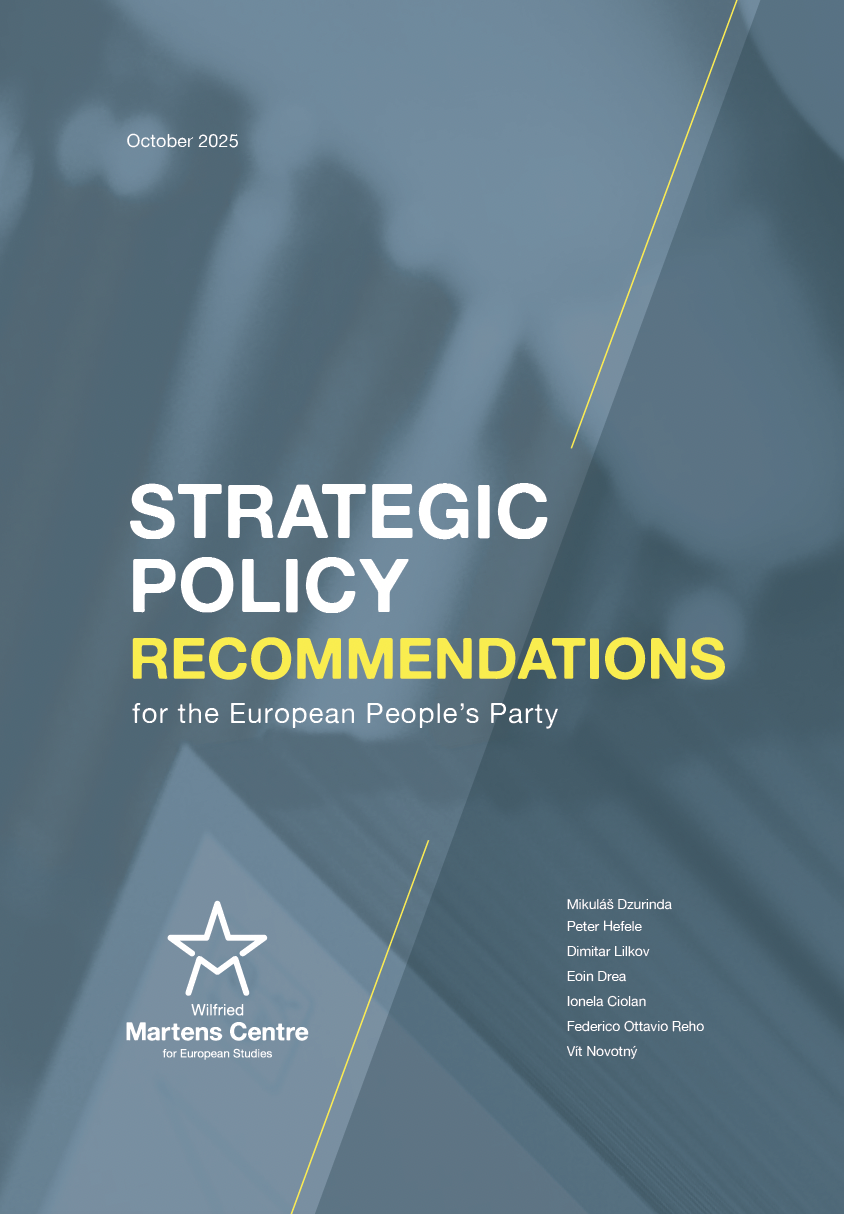
Other
Strategic Policy Recommendations for the European People’s Party
-

Research Papers
Towards a New Order? The Economic Programmes of Right-Wing Populist Parties
-
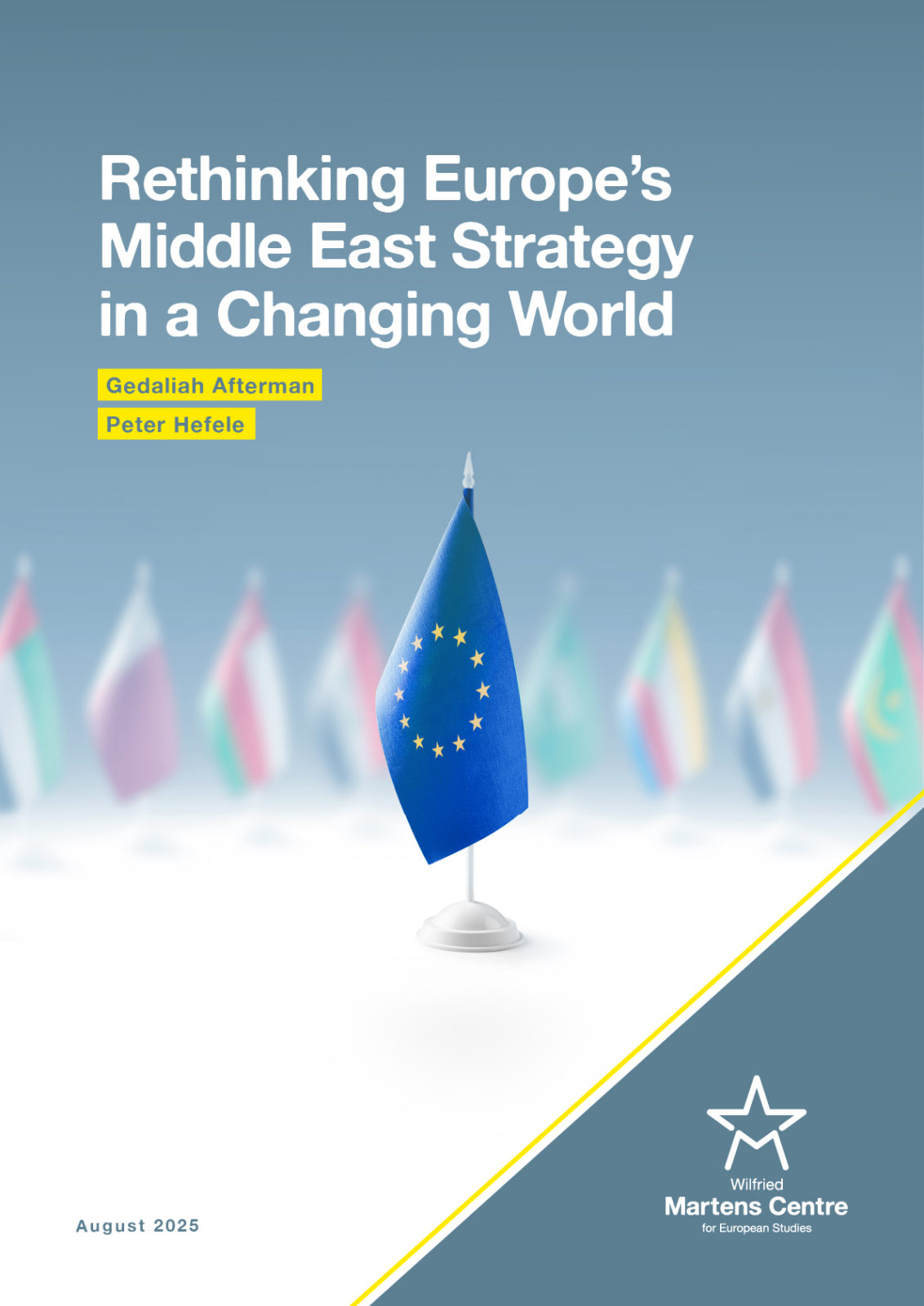
Other
Rethinking Europe’s Middle East Strategy in a Changing World
-
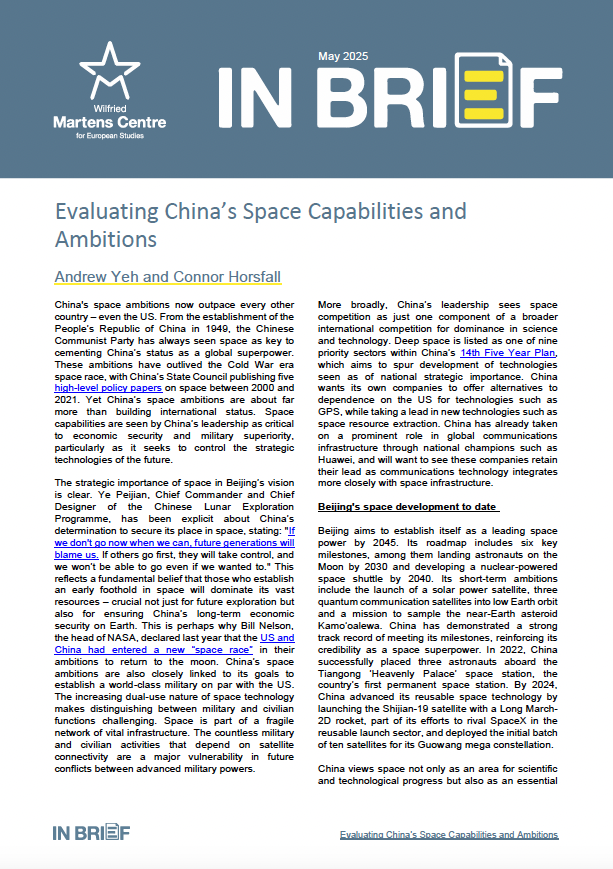
IN BRIEF
Evaluating China’s Space Capabilities and Ambitions
-
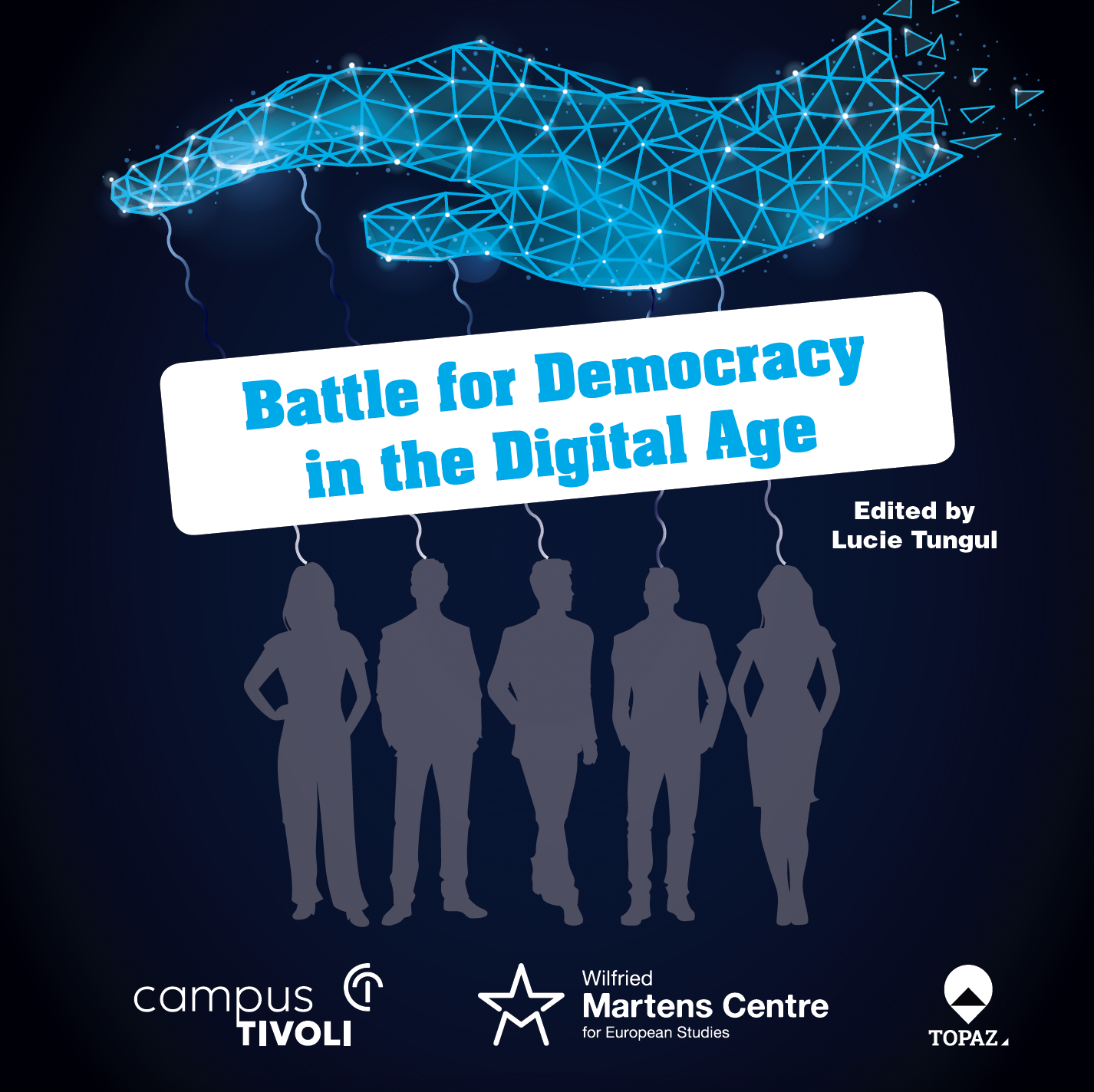
Collaborative
Battle for Democracy in the Digital Age


